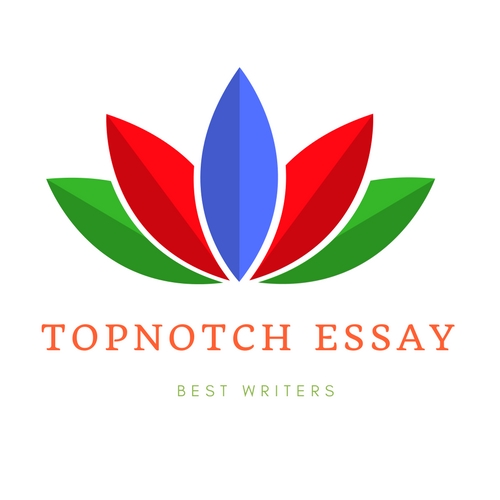What makes for a good topic for the report?
1. Are you interested in the topic? You are going to spend a lot of
time studying it, and if you are not interested your motivation will be
low.
2. Is the topic relevant and timely? A good way of finding a topic
is to ask yourself what issues are of current concern in the academic
and professional literature. Another way is to consult your former or
present employers.
3. Is the topic specific enough? Most students start with too broad
a topic. Usually the more successful project report/dissertations
have a specific and clearly defined problem and set of research
questions. A dissertation that goes deeply into a narrow topic is
much better than one that touches the surface of a broad topic.
4. Can the topic be completed in the time available? Most
students begin with an overly ambitious topic. Remember that you
have only a short period of time in which to plan and research the
topic. Can you obtain the necessary data? It is important to be
sure that you can gather the necessary data or information.
5. Have you the skills to use the necessary research methods?
You should avoid committing yourself to use a research method
which involves skills which you do not have, for instance avoid
highly quantitative methods if you are uncertain of your numeracy
skills.
6. Are there any ethical issues involved, such as problems of
confidentiality?
What makes for a good research proposal
There are many ways to write a project proposal report and we have no
particular model answer in mind. The following are some of the points we
are looking for:
You must have a problem which you can analyse, define and for which
you can devise feasible research questions.
You should explain the main issues in your chosen topic and their wider
academic and practical relevance.
When reviewing the literature, you should communicate an awareness
of the quality of the evidence on which an author draws and of the
methodological issues posed by the way in which that evidence has
been gathered.
You should give a sense of how the literature has developed and
identify the main themes of schools of thought in the literature. How do
later articles and contributions in books build on the earlier results
findings and ideas in the literature?
Most importantly, you should be critical and evaluative. Do not just
describe the literature you survey, explain why the authors have
arrived at the conclusions they have. State whether you consider the
authors have achieved their aims. Explain any weaknesses you feel
there are in specific articles or books and, if possible, how those
weaknesses could have been overcome. It is better to evaluate
critically fewer references rather than cite many references with little
critical appraisal.
You should indicate the wider significance of your study – what are the
wider implications of what you have found both for the academic
literature (whose approaches/viewpoints/hypotheses do your findings
support?) and for practice (e.g. should people in organizations do
things differently as a result?).
Observe the usual requirements for good presentation – be
grammatical, use punctuation marks correctly, try to avoid jargon etc.
You should use headings and sub-headings to organise your material.
Formal Requirements
The report should be no more than 3000 words in length (excluding the
bibliography), with a 10% upper limit and should be organised as
indicated above.
The report should be double-spaced, well presented and structured.
Appendices should only be used when judged to be strictly necessary to
the understanding of the project. The work should use the Harvard system
of references and all references should be included in a properly
presented bibliography.






